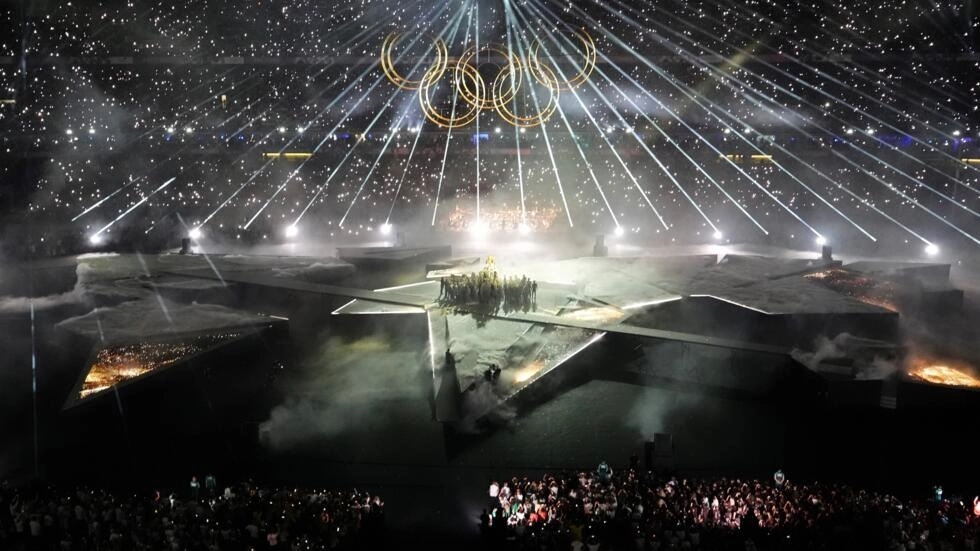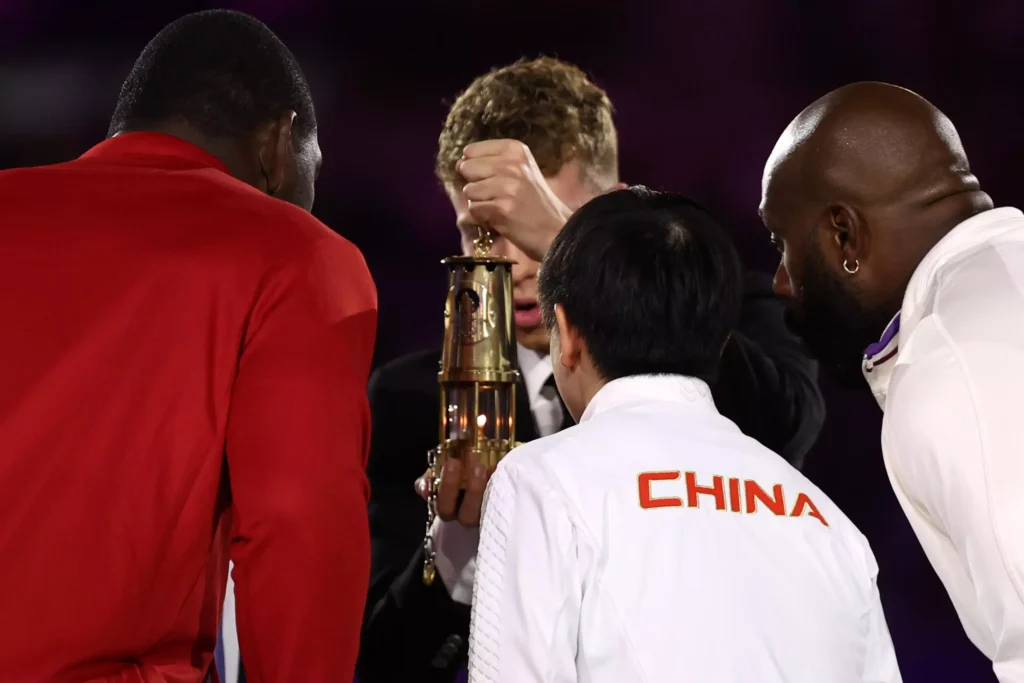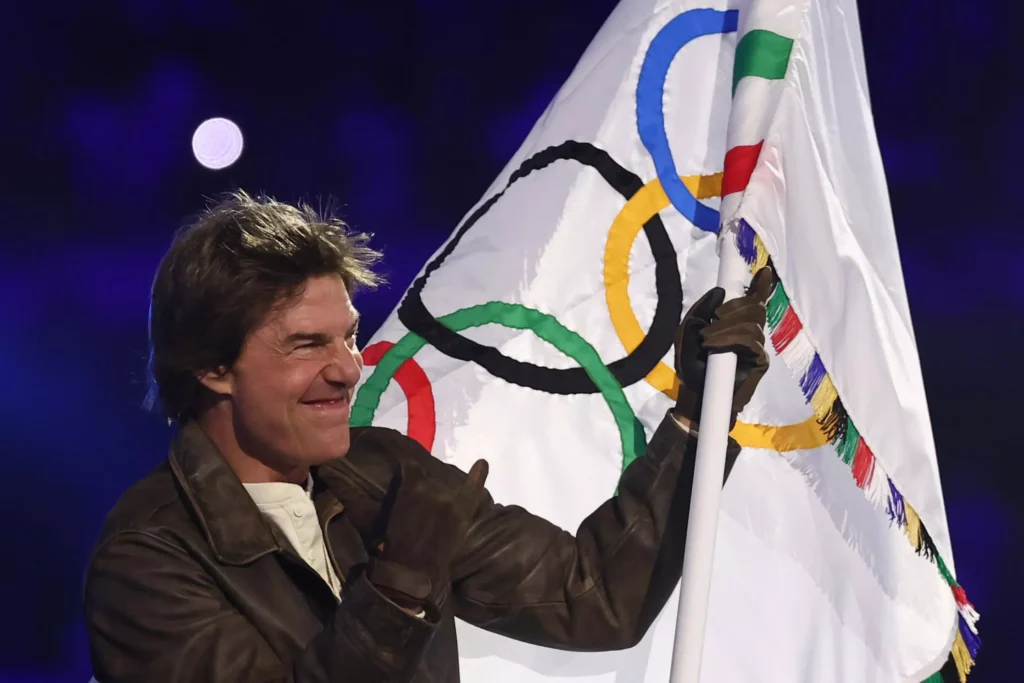Paris (AFP) – The Paris Olympics won mostly rave reviews from western media after they closed on Sunday, while media in Russia, whose team were excluded because of its war in Ukraine, sniffed at France’s success.

Los Angeles Times sports columnist Bill Plaschke wondered whether Tinseltown was up to the task of rivalling Paris when it hosts the next Summer Olympics in 2028.
“We have to somehow take greatness and make it even greater,” he wrote, calling the Games in France “a blockbuster Parisian party that was two weeks of pure Hollywood”.
“How on earth can the 2028 Los Angeles Olympics surpass what the world just witnessed in a two-week burst of picturesque rejoicing from the Champ de Mars to the Palace of Versailles?”
The New York Times was generous in its praise of the sporting extravaganza, saying it lifted France from its gloom brought on by political crisis.
“Many are reluctant to let go of its magic: of the adrenaline-fuelled excitement, of the party free of political debate, of the sense of time deliciously suspended, like the glowing Olympic cauldron that has hovered wistfully over the city every night.”
– ‘Love letter’
The Guardian of Britain hailed the Games’ message which it said was “the importance of protecting the spirit of the games in an uncertain world riven by conflict”.
But Jim White, writing in The Telegraph, said that Paris “could not match the spirit and warmth of London 2012”.

The Italian media was unanimous in its praise, with Corriere della Sera saying Paris had “overcome its fears” despite a prologue marked by “rain, pollution of the Seine and sabotage”.
La Repubblica highlighted the “Diversity Olympics”.
Spain’s El Mundo added: “The Paris of the Olympics was the most dedicated Paris we’d seen in a very long time.”
Germany’s Die Welt praised the security ensured by the French, saying Paris showed how the Games can be organised “safely in a metropolis in a free and democratic country”.
Poland’s Rzeczpospolita called the Paris Games “a love letter” while Gazeta Wyborcza noted that nearly all the competitions “took place in front of full stands”.
In Portugal, the editor of daily Correio da Manha, Carlos Rodrigues, called the Games “a magnificent success”.
“In sporting terms too, Paris was a success, even if it didn’t dazzle or create a world star capable of rivalling the likes of Usain Bolt or Michael Phelps.”
But others including Frank Renout, writing for Dutch daily newspaper Het Parool, warned that the magic would not last.
“Soon everything will return to normal, which in the case of the French means dark and confrontational,” he wrote.
“If ‘happiness’ were an Olympic sport, France would never have won a medal.”
‘Endless scandals’
In Russia, however, some newspapers found fault.
“The Paris Games weren’t flawless,” said Moskovsky Komsomolets, a pro-Kremlin mass circulation newspaper, stressing it remained unclear who sabotaged France’s high-speed rail network before the opening ceremony.
The newspaper argued that spectators will remember “an endless series of scandals” and not the athletes’ sporting feats or records.

Komsomolskaya Pravda, a pro-Kremlin tabloid, said the competitions in Paris were “the most shameful Olympic Games in history”.
“The Paris 2024 organisers managed to offend hundreds of millions of people with an opening ceremony and a parody of the Last Supper. And then the Olympics became increasingly embroiled in problems, scandals and even crime.”
One of its subheads read: “Vomiting athletes, champions with male chromosomes in women’s boxing and worms in food.”
In Algeria, an editorial in government daily El Moudjahid praised Algerian boxing champion Imane Khelif, who was at the centre of a gender eligibility row at the Paris Games.
“Imane’s victory is also a victory for the oppressed and the excluded, but above all it is a victory for the law, which for too long has been trampled by the logic of the powerful, who are greedy for domination and adept at double-standard policies.”

